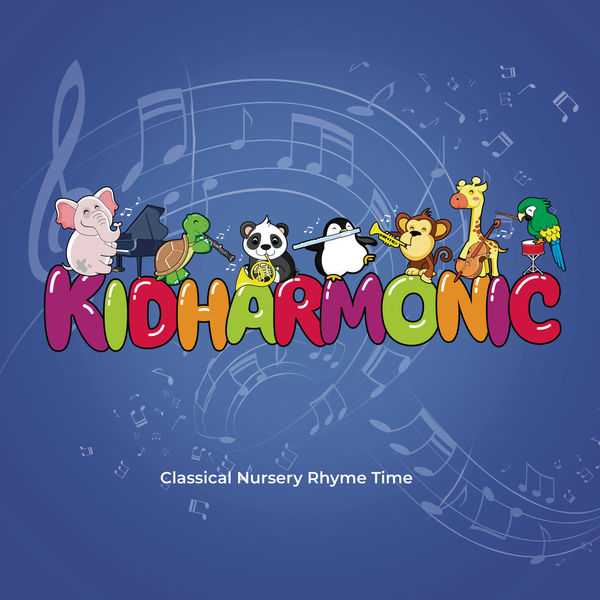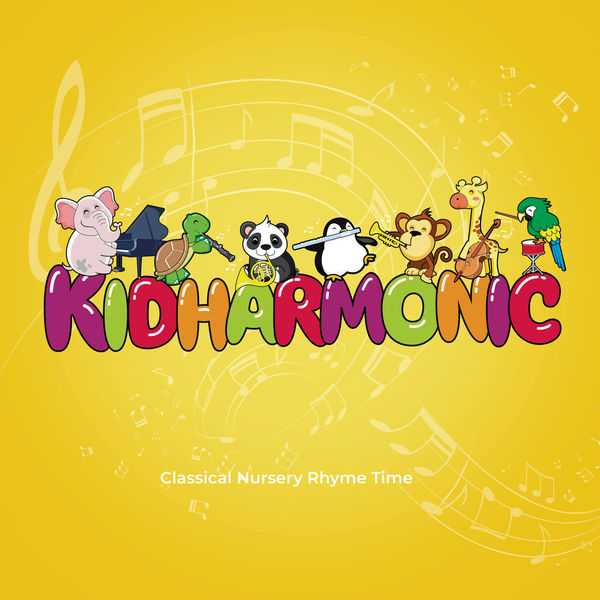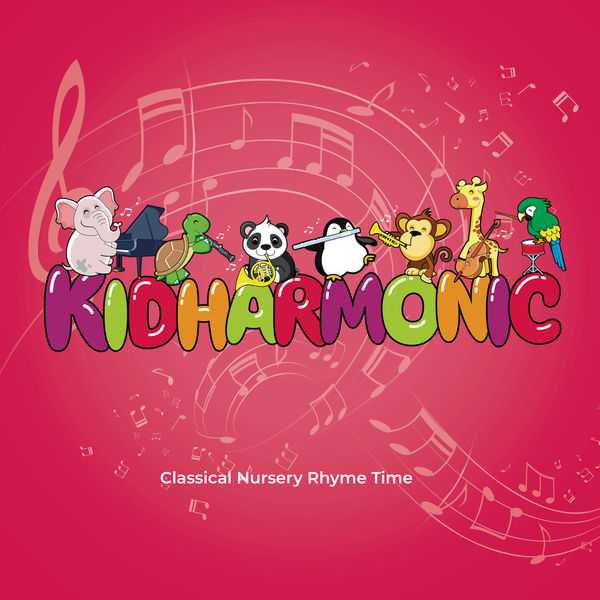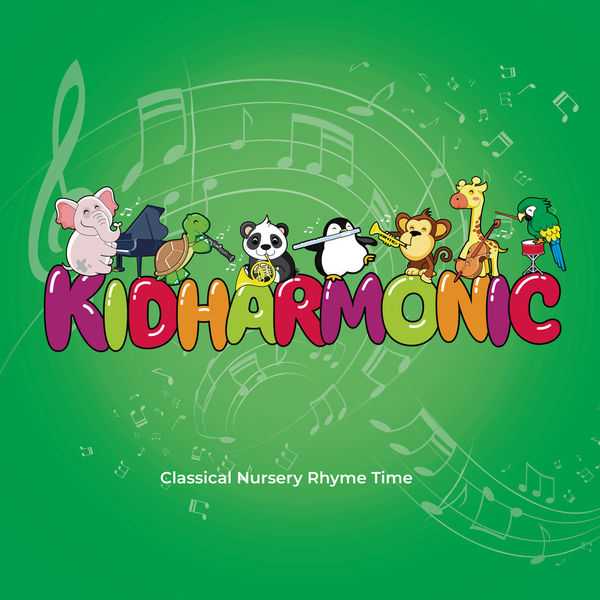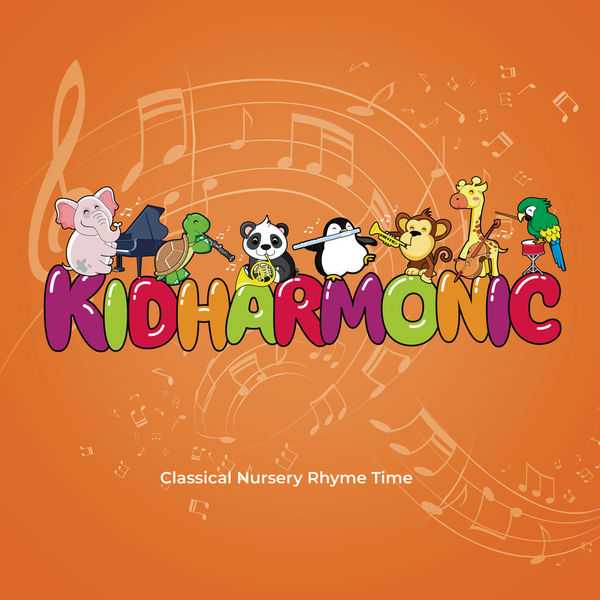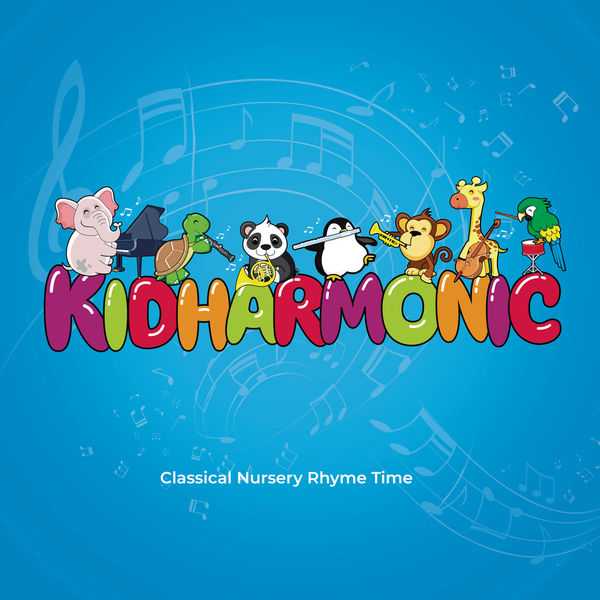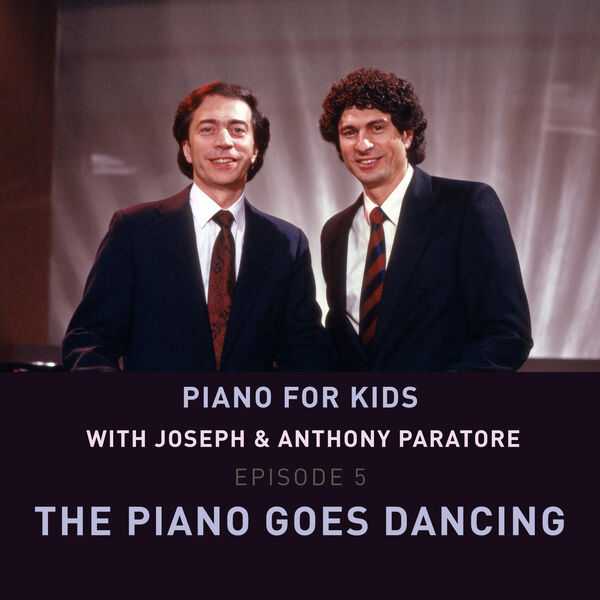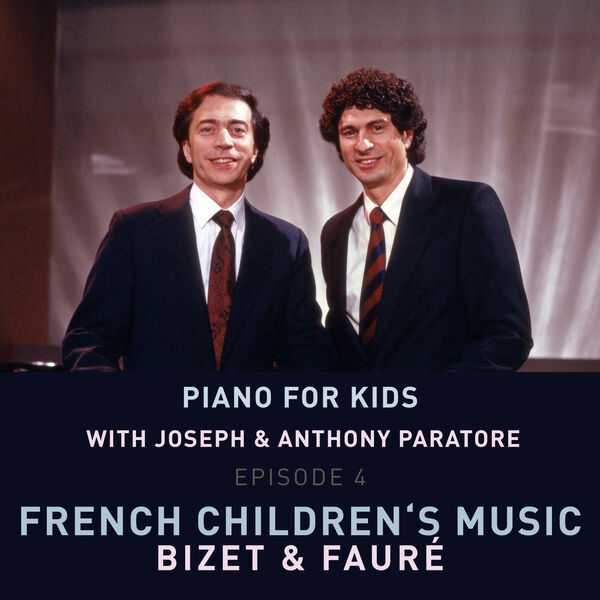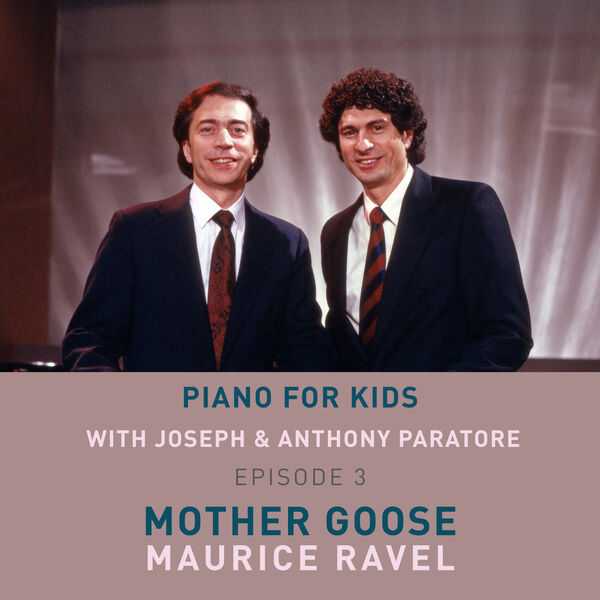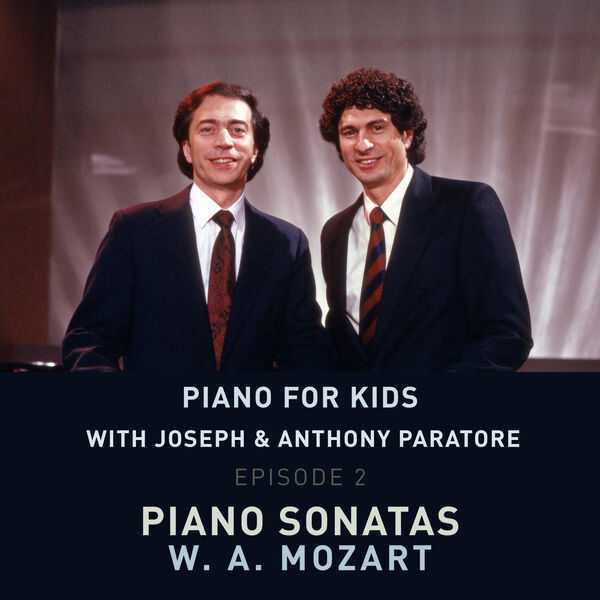Classical Music for Children
Classical music is a timeless treasure that can have a profound impact on children. From enhancing cognitive abilities to fostering emotional well-being, introducing classical music to kids offers a range of benefits that go beyond mere entertainment. By integrating classical music into their daily lives, children can experience growth in creativity, focus, and empathy.
One of the most significant benefits of classical music for kids is its ability to enhance cognitive development. Research has shown that listening to classical music can stimulate the brain, improving memory, attention, and problem-solving skills. This phenomenon, often referred to as the “Mozart Effect,” suggests that exposure to classical compositions, like those of Mozart or Beethoven, can temporarily boost spatial-temporal reasoning. These mental processes are crucial for tasks like solving puzzles or understanding mathematical concepts, making classical music an excellent tool for academic success.
In addition to cognitive benefits, classical music can positively influence a child’s emotional well-being. The soothing and structured melodies of classical compositions have a calming effect, helping children manage stress and anxiety. For instance, listening to a gentle piece like Debussy’s *Clair de Lune* can create a serene atmosphere, promoting relaxation and focus. On the other hand, energetic works like Tchaikovsky’s *1812 Overture* can inspire excitement and enthusiasm, making classical music a versatile tool for regulating emotions.
Classical music also plays a role in developing creativity and imagination. The rich textures and dynamic contrasts in compositions by composers like Bach, Vivaldi, and Chopin encourage children to visualize stories or imagine scenes as they listen. This imaginative engagement not only fosters artistic thinking but also helps children learn to appreciate the depth and beauty of music. Playing an instrument, inspired by classical music, further enhances these benefits, as it involves creativity, discipline, and an understanding of musical theory.
Furthermore, classical music introduces children to diverse cultures and historical periods. Through exposure to music from different composers and eras, kids can develop an appreciation for the richness of human history and artistic expression. For example, a child might learn about 18th-century Europe by listening to Haydn or discover the Romantic period through the works of Schubert. Such cultural exposure broadens their horizons and instills a lifelong curiosity about the world.
Socially, classical music can encourage teamwork and collaboration. Participating in choirs, orchestras, or music ensembles allows children to work together toward a common goal, fostering a sense of community and mutual respect. These activities not only teach musical skills but also promote empathy and effective communication, essential traits for personal and professional success.
Lastly, classical music creates cherished family memories. Listening to a symphony together or attending a live concert can strengthen family bonds, providing shared experiences that cultivate a love for music in children.
Classical music has a lasting and positive influence on children. By enhancing cognitive abilities, nurturing emotional intelligence, sparking creativity, and offering cultural insights, classical music provides a foundation for personal growth. Introducing children to classical music is not only an investment in their development but also a gift that nurtures a lifelong appreciation for art and beauty.
